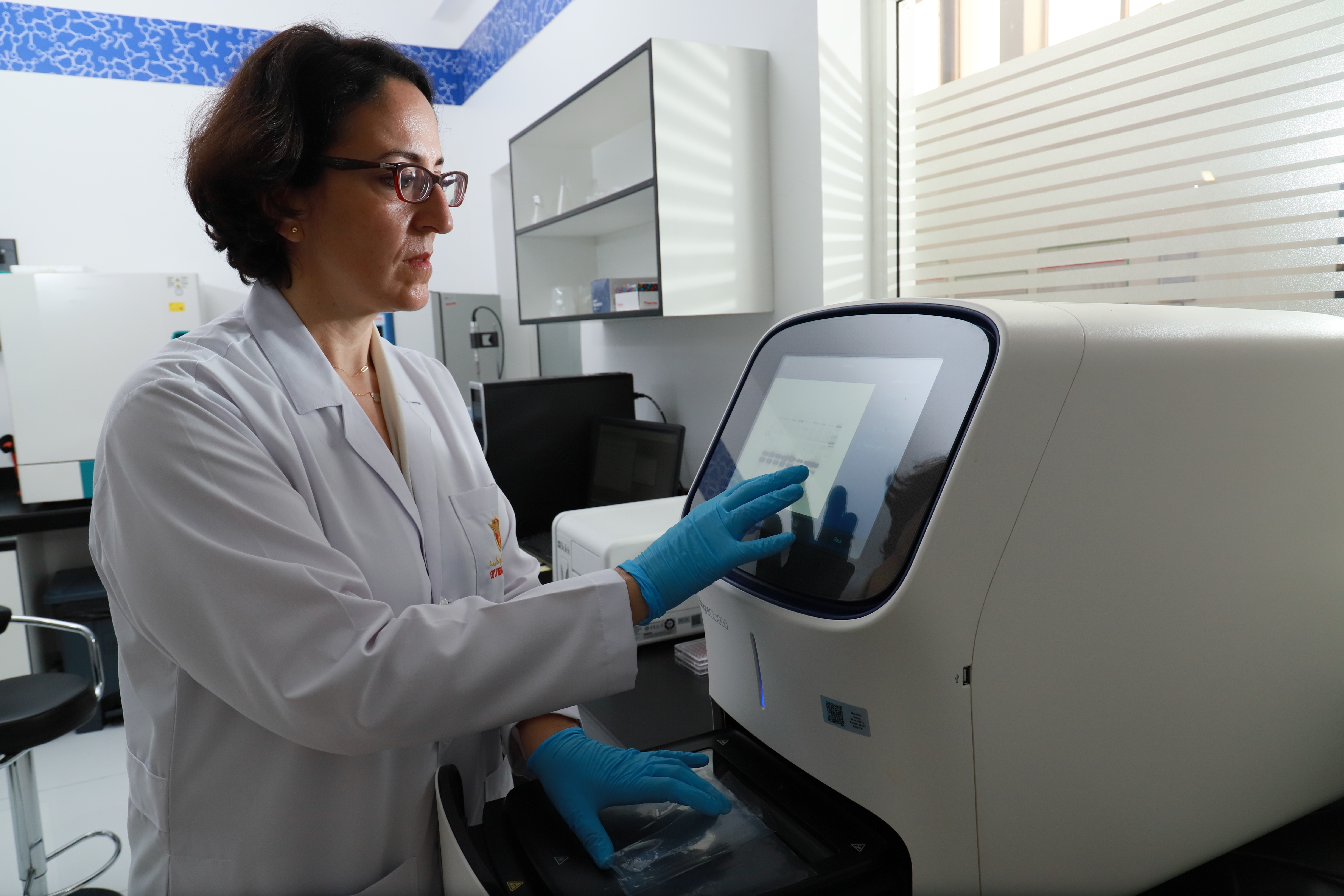
Smoking is the number one risk factor for lung cancer and tobacco smokers are at 20 to 40 times higher risk of developing lung cancer in comparison to non-smokers.
With a research grant from Al Jalila Foundation, Dr Rania Zaarour from Gulf Medical University Ajman, is studying the effects of smoking on remodeling the tumor microenvironment and shaping stemness and immunogenicity in lung cancer.
Tobacco can be smoked using different ways, including waterpipes. The team performed waterpipe smoke (WPS) analysis that revealed significant concentrations of toxicants including 27 known or suspected carcinogens thought to cause dependence, heart disease, lung disease and cancer.
This shows that exposing lung cancer cell lines to WPS condensate (WPSC) interferes with cell proliferation, cell plasticity, DNA damage and tumor cell recognition and killing by natural killer cells.
The results indicate that WPSC is a contributing factor in the pathogenesis of lung cancer. If a cancer patient continues to smoke, WPSC may serve as fuel to the cancer cells and may contribute to metastases. In fact, continued smoking is considered a strong adverse predictor of survival and increases the risk of a second lung cancer compared to those patients who stopped smoking. Therapy modalities can be more effective by eliminating smoke exposure to cancer patients and by targeting the inflammatory mechanisms to control the emergence of aggressive cancer clones with epithelial mesenchymal transition and stemness features.

